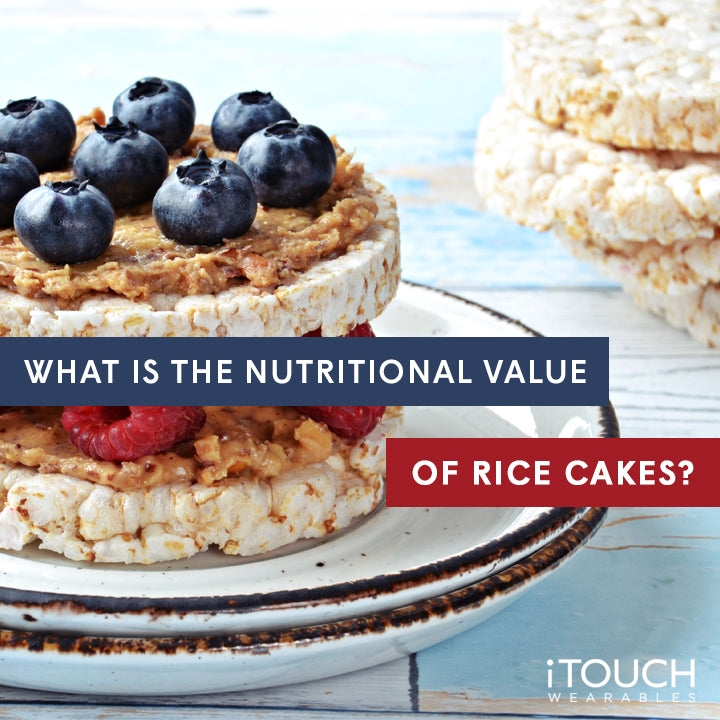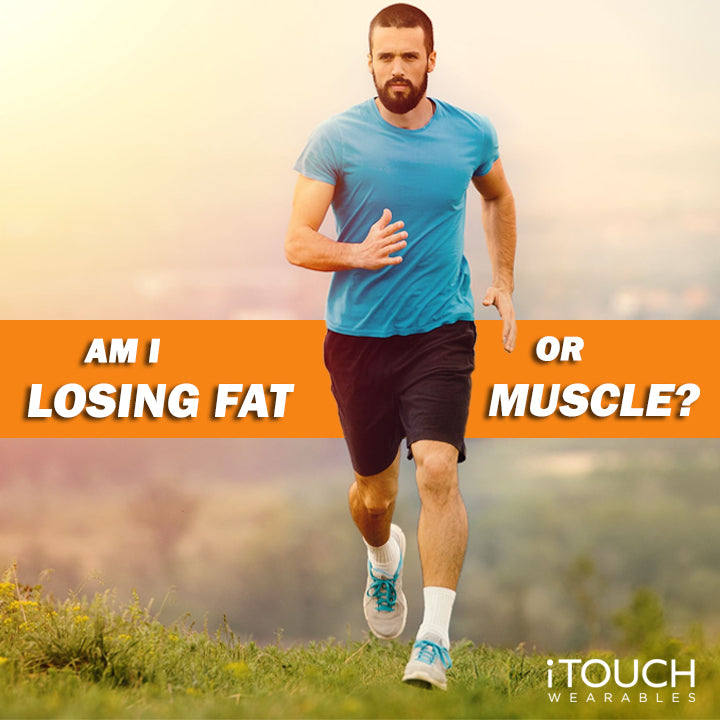
What is the Nutritional Value of Rice Cakes?
When I was a child back in the early 2000s, my mother would always make me a snack for school consisting of a rice cake and peanut butter. It was essentially, her way of getting my siblings and me to focus on eating healthier alternatives for snacks rather than the usual childhood favorites like cookies and candy. Nowadays, about twenty years later, rice cakes are something that occasionally appears in and out of my family's pantry in times of dieting - usually eaten by my parents as a quick fix for their morning breakfast or afternoon snack. I do not think, however, that my parents at the time of feeding me rice cakes as a young child actually looked into the nutritional value of the supposed snack and actually saw if there were any benefits.
The truth - rice cakes have very little nutritional value. To begin with, it is important to first realize what a rice cake is actually made of. Most rice cakes are produced by forming puffed rice into cake-shaped patties, occasionally flavored with either just salt, or other flavors such as cinnamon, caramel, ranch, or even cheddar. When doing research about the actually key mass appeal of the rice cake phenomena, it was found to be largely undocumented. However, it is important to know that it could perhaps be a principle that dates as far back to when rice itself was being harvested and cultivated almost 7,000 years ago. Rice cakes themselves exist in many different forms, but perhaps the most recognizable to Americans would be the mass-produced rice cakes that have taken over the diet craze within the last few decades.
This article will help analyze the nutritional value of rice cakes but also provide an in-depth look at the health effects of these snacks.
What is the Nutritional Value of Rice Cakes?

Rice cakes are certainly not as nutritious as many men and women are told to believe. As stated, the only two ingredients used within making rice cakes are rice and water - with no other healthy foods or superfoods being added to the mix. Here are the nutritional values of a rice cake made with brown rice:
Rice Cake Nutrition Information:
- Rice Cake Calories: 35
- Carbs: 7.3 grams
- Fiber: 0.4 grams
- Protein: 0.7 grams
- Fat: 0.3 grams
- Niacin: 4% of the Reference Daily Intake (RDI)
- Magnesium: 3% of the RDI
- Phosphorus: 3% of the RDI
- Manganese: 17% of the RDI
It is also found that rice cakes do occasionally have minimal amounts of vitamin E, riboflavin, vitamin B6, pantothenic acid, iron, potassium, zinc, copper, and selenium, but not enough to promote a well-balanced diet. With its low protein and fiber levels as well, it does not provide an effective substitute for any meal. It was also found that the process of puffing rice can actually lower rice's antioxidant levels and content. Be in mind also that this is the nutritional value of just a plain rice cake, so other flavorings can add other amounts of unnecessary sugars.
Is the Lower Calories in Rice Cakes Worth It?

Rice cakes are essentially low in calories as mentioned before, only containing about 35 per individual rice cake. For those who replace bread or crackers with a cake, you can easily use rice cakes as an alternative. One slice of bread on average contains about 68 calories per slice, meaning that you can replace two slices of bread with two individual rice cakes and save about half the calories. However, you would be missing out on about 3 grams of fiber and other nutrients found in those slices of bread.
Additionally, the rice cakes you will be eating only provide about 0.6 ounces of food, compared to the two slices of bread that provide about 2 ounces of food. You may be losing calories, but it may be just because you are simply eating less which can be rather unhealthy. In fact, gram by gram, rice cakes actually have more calories - about 210 in 2 ounces compared to a slice of bread having about 138 calories per 2 ounces.
It may be the fact that you are feeling full of eating a rice cake due to the air but in reality, you are only finding minimal results that do not outweigh simply eating a slice of bread or crackers in your diet.
Health Effects - Both Positive And Negative

Rice cakes do provide numerous health effects, so it is important to know both positive and negative effects that it can have on your body:
- Positive
- Some Contain Whole Grain- which in eating a diet consisting highly of whole-grain can help lower your risk for chronic diseases. In a study performed by BCM Med, it was found that 367,442 participants who had a high diet consisting of whole grain had lowered their risk for chronic diseases by 17%. Additionally, it was found that high whole-grain diets can aid in preventing type 2 diabetes and obesity.
- Negative
- Rice Cakes May Raise Your Blood Sugar- Rice cakes are high in carbs, with very little fiber and protein, which can slowly increase your blood sugar levels. It is recommended that eating rice cakes with a protein, such as meat and cheese, or a fiber, from fruit, is increasingly more beneficial than eating them alone.
How To Incorporate Rice Cakes Into Your Diet

If you still want to include rice cakes into your diet, try to pair them with a protein and a fiber to be sure to get in all the nutrients your body needs. While rice cakes aren't full of fiber and protein, these combinations can definitely aid in making them an excellent addition to your meal plan:
- Rice Cake with Peanut Butter and Sliced Banana
- Rice Cake with Hummus and Sliced Tomatoes
- Rice Cake with Cream Cheese and Avocado
- Rice Cake with Tomato, Mozzarella, and Basil
- Rice Cake with Mashed Avocado and Egg
- Rice Cake with Almond Butter and Sliced Strawberries
- Rice Cake with Turkey Bacon, Lettuce, and Tomato
- Rice Cake with Tuna Salad and Cucumber
- Rice Cake with Cream Cheese and Honey
- Rice Cake with Jam and Berries
The Bottom Line

While rice cake calories are low, the nutritional value of each rice cake does not provide enough value to be the incredible alternative they claim to be. With its lower fiber and protein content but high carb content, it is important to realize that they make a good base for a meal or snack rather than just eating them alone. In the end, if you don't like them, do not eat them - you aren't missing out!
-Patrick


